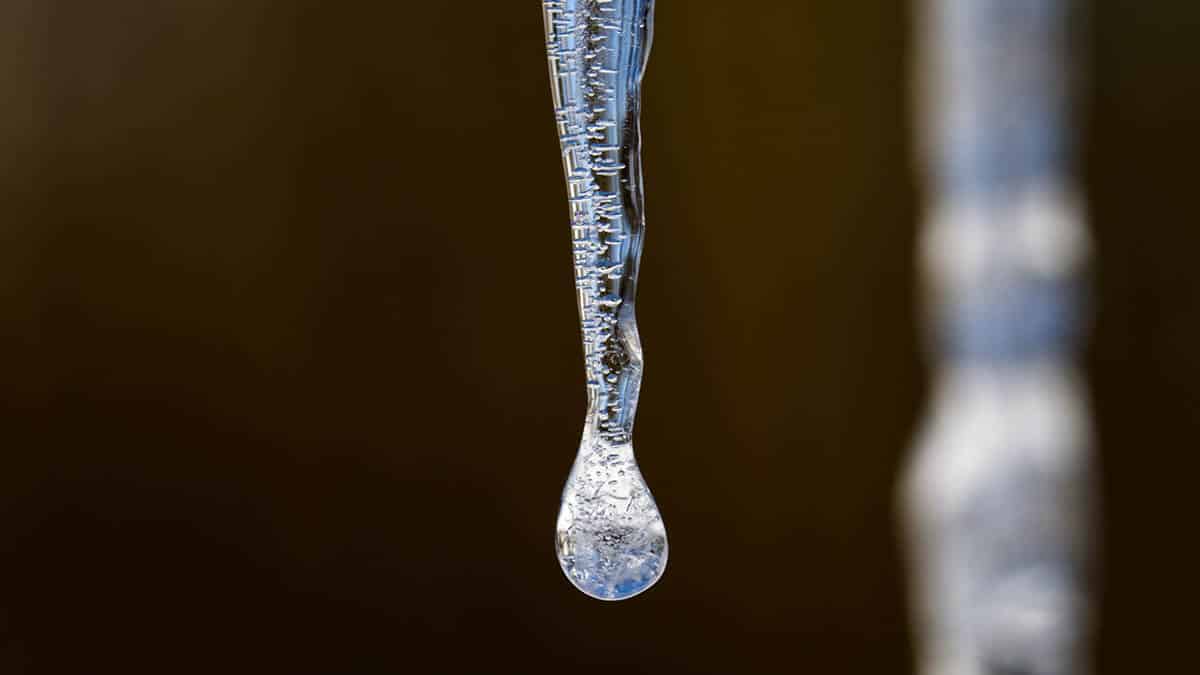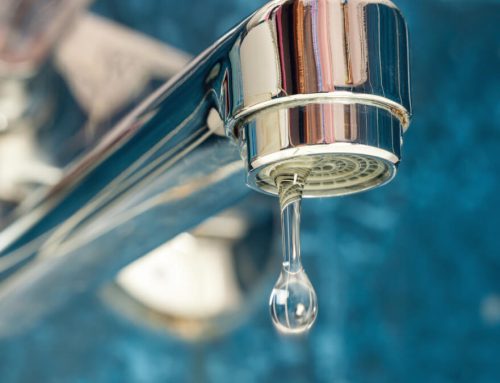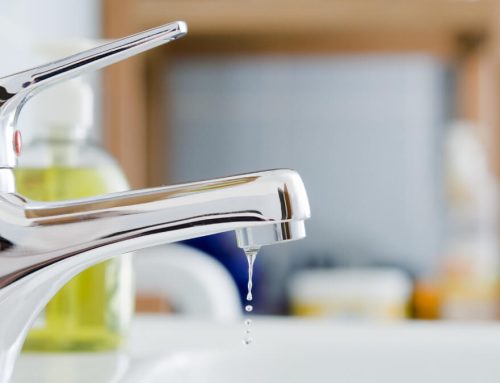4 Precautions to Take to Keep Your Pipes from Freezing

Winter is officially upon us. That means you’re taking more measures to stay warm: bundling up, keeping blankets nearby, cranking the heater, and maybe burning some logs in the fireplace. For all the effort you’re making to stay warm though, it’s important to put the same effort in for your pipes. It’s all too easy for your pipes to burst in the winter. Here are 4 precautions to take to keep your pipes from freezing:
1. Keep the Heat Running
While you put in a bit of effort to stay warm, you may be tempted to turn your heat off to save a little cash. Your pipes need heat to keep from freezing too. Be sure that you’re keeping the temperature at least 59 degrees in your home to keep your pipes from freezing.
If you have heat pumps or ductless mini splits, you could just heat the areas of your home where your pipes are exposed (your kitchen and bathrooms).
2. Open Your Cabinets
Open your cabinets beneath your sinks to expose your pipes to the warmth in your home. This might seem counterintuitive: Shouldn’t you keep your pipes in an enclosed space to keep them warm? Smaller spaces only store and retain warmth if they’ve been exposed to that warmth in the first place. Your ventilation system doesn’t extend to your cabinets. You can keep your cabinets open for a while to let the warm air get to your pipes. Then only close your cabinets if you feel confident that they’ve been sufficiently protected against the cold.
3. Swaddle Your Pipes
Pipe insulation is both cheap (much, much less expensive than you might have thought) and easy to apply. You can go in person to Home Depot or Lowe’s for the pipe insulation you need, or you can order it online and have it delivered to your home. Thanks to the Velcro connections, it’s easy to just wrap the insulation around your pipes and bundle them up.
4. Keep Faucets Dripping During Freeze Warnings
This is pretty standard advice for keeping your pipes from freezing, but we thought we’d include it here and explain the thought process behind the method. If water is moving, it’s much harder to freeze. You’ve never seen a frozen river, and there’s a reason for that. A frozen lake, on the other hand, is much more common.
What Do I Do If My Pipes Are Already Frozen?
Like we said, it’s alarmingly easy for your pipes to freeze over and burst. When this happens, you’ll need the assistance of a licensed plumbing expert. At Crawford Services, we’ll extract the water from your home and repair your pipes, so your plumbing system can be up and running again in no time. After all, you need running water for most daily at-home activities, and you need hot water to help keep the cold at bay. Without working pipes and a healthy plumbing system, there’s just no hope for this.
Once you know we’re on our way—or even before you place your call—turn off the water in your home to keep the water damage minimal. You can find the water shut off valve near your water heater.

